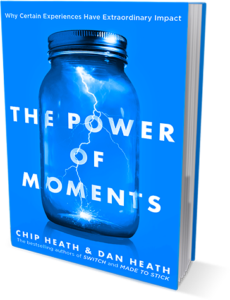Blog Content Writers help Readers Dodge Dangers
Redbook‘s holiday issue has a page blog content writers should see, titled “Dodge Common Dangers”. There’s a “Trim With Care” section cautioning readers to:
- keep lit menorahs at least three feet away from flammable items
- avoid overloading the Christmas tree with strings of incandescent lights
- avoid running electrical cords under carpets or rugs
- put glass ornaments low on the tree where they can be bumped
- let the tree stay in the house more than a month
As a blog content writer, I felt, the magazine’s editors had managed to offer these serious fire-avoidance warnings with a light touch, resulting in very readable copy.
“Great copywriting compels action, so it’s no surprise fear is used in marketing,” writes Amy Harrison of Copyblogger. Marketing messages, she says, may be based on readers’:
- fear of missing out
- fear of losing something
- fear of future threat
For a message to be successfully persuasive, Harrison explains, the threat needs to be moderate to high, with the reader feeling he’s personally at risk, and that preventative action is simple.
Heavy-handed scare tactics, on the other hand, simply don’t work, as a study done by the National Institute of Health Science Panel back in 2004 clearly demonstrated.
All human behavior, at its root, is driven by the need to avoid pain and gain pleasure, Neil Patel of Kissmetrics points out. Of the two, we do more to avoid pain. Show your prospects all the dangers on the road from A to Z, and how your product or service is the weapon they need to defeat those dangers and discomforts, Patel advises.
In other words, as effective blog content writers, we can demonstrate to our readers how to dodge dangers.



 How good an idea is it to use quotations in your business blog? Very good, once you allow for certain caveats. You can use a quote to:
How good an idea is it to use quotations in your business blog? Very good, once you allow for certain caveats. You can use a quote to:

Follow us online!